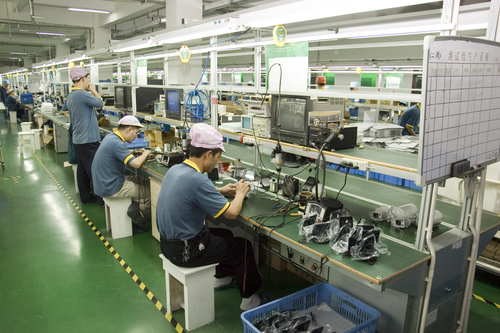According to a recent article, Silicon Valley tech firms are using marketing tactics geared more towards fraternity brothers than programming savants. The problem? Not only is it sexist at times, but it is alienating a large chunk of qualified tech professionals. Here are a few examples:
- Sqoot, a site that offers application programming interfaces, advertised “perks” for a recent hackathon event, including this not-so-thinly-veiled sexist one: “Women: Need another beer? Let one of our friendly (female) event staff get that for you.”
- Recently, a start-up pitch presentation given to potential investors featured a recurring photo of leaping, bikini-clad women
- A programmer was quoted as saying he was invited by tech industry recruiters to a party in Malibu “where there were naked women in the hot tub.”
- Klout, a social media analytics company, displayed a poster at a Stanford University career fair that stated: “Want to bro down and crush code? Klout is hiring.”
Of course, this is only a snipet of what’s going on as many of the antics are never publicized. Barbaic events like these may not only cost companies money (several businesses pulled their sponsorship from the Sqoot event), but it alienates those who may be talented programmers, but don’t adhere to the frat boy mentality.
There’s also an audience that feels left out of the joke. Women made up 21% of all programmers in 2010, down from 24% in 2000, according to the U.S. Bureau of Labor Statistics. Anything that encourages the perception of tech as being male-dominated is likely to contribute to this decline, says Sara Chipps, founder of Girl Develop It, a series of software development workshops. “This brogramming thing would definitely turn off a lot of women from working” at startups, says Chipps.
online pharmacy levofloxacin with best prices today in the USA
But is this really a serious problem in Silicon Valley or just young men being young men? I’ve heard both sides of the argument. Some companies that have taken this seriously, such as Etsy, have decided to do something about it. The e-commerce website is donating $5,000 to at least 10 women in an attempt to lure female coders to New York’s Hacker School this summer.
Whether this is an epidemic that should cause concern or merely programmers acting their age, one thing is for sure — having a working environment void of diversity is akin to siloed idea generation.
Silicon Valley should know this.


